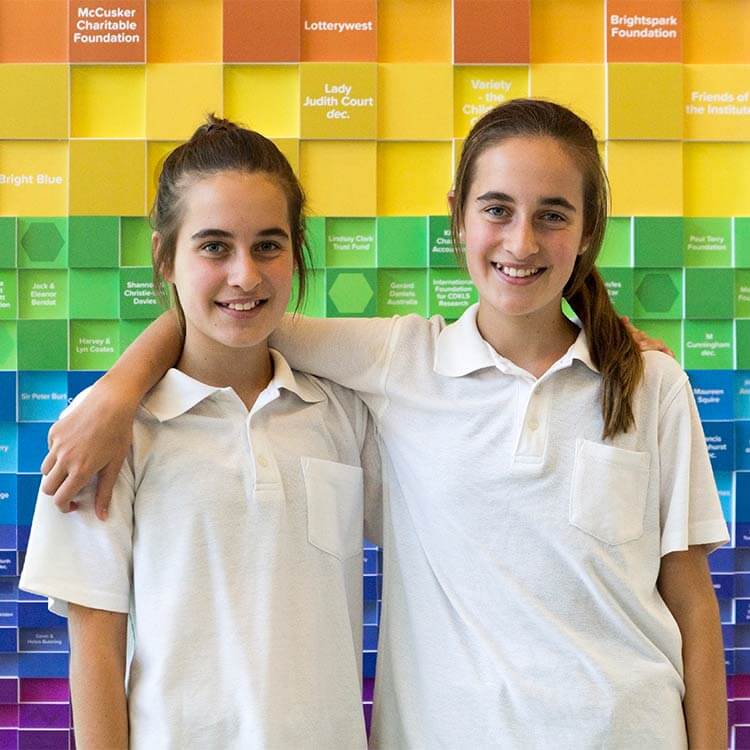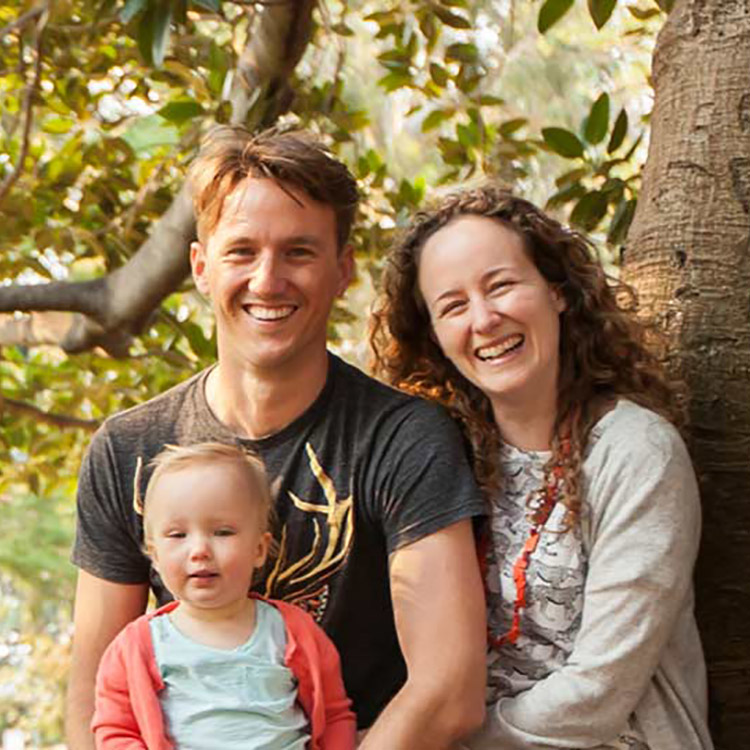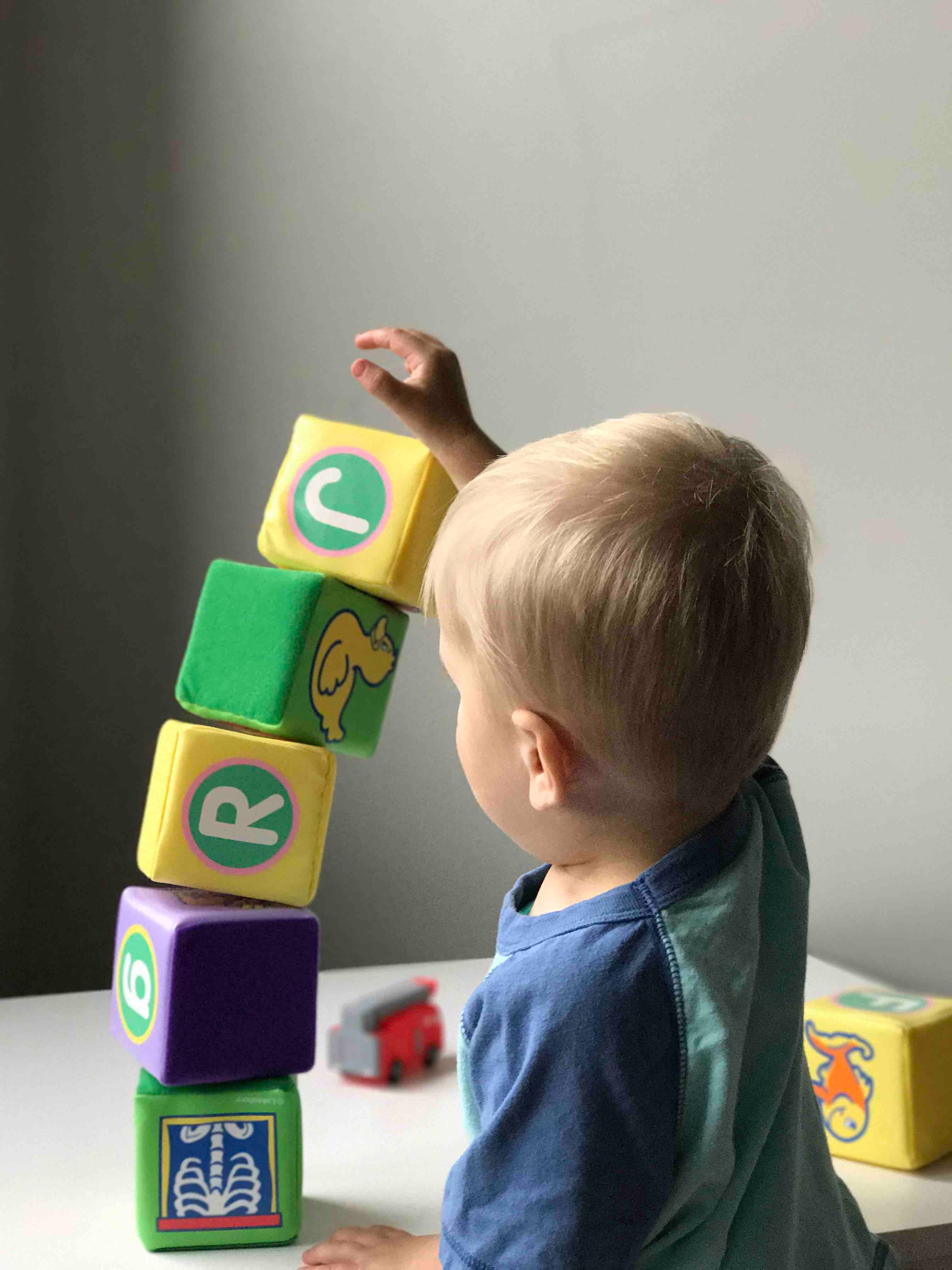Search
Research
Language outcomes of 7-year-old children with or without a history of late language emergence at 24 monthsThe aim of this study was to investigate the language outcomes of 7-year-old children with and without a history of late language emergence at 24 months.
Research
Late language emergence at 24 months: an epidemiological study of prevalence, predictors, and covariatesThe primary objectives of this study were to determine the prevalence of late language emergence (LLE) and to investigate the predictive status of maternal...
Research
The recruitment and retention of Speech and Language Therapists: What do university students find important?The increasing need for speech and language therapy (SLT) services, coupled with poor employment retention rates, poses serious cost-benefit considerations.

News & Events
Grandparent education linked to grandkids’ NAPLAN resultsThe effects of educational advantage or disadvantage get handed down through the generations according to a new study by researchers at the The Kids.

News & Events
The Kids researcher awarded prestigious EU Horizon 2020 grantProfessor Cate Taylor, is part of an International cohort of researchers to secure over €1.45million in grant funding from the EU’s Horizon 2020 programme.

News & Events
The Kids Research Institute Australia researchers share in State Government science grantsFour The Kids Research Institute Australia researchers are among those who have received funding in the WA State Government's Merit Award Program announced today.

News & Events
Twins talk half as much at twoA world first study of language development in toddler twins confirms the widely held belief that twins start to talk later than single-born children.

News & Events
Language Study Reveals Need for Long Term MonitoringA new study looking at the receptive language development of young children has highlighted the need to monitor kids over time to ensure they don't fall behind.

News & Events
How learning to talk is in the genesResearchers from Perth's The Kids Research Institute Australia have been part of an international study that has found that genetic factors contribute to the development of l
News & Events
Toddler TalkA child's ability to communicate is one of their most important developmental achievements. It builds a foundation for everything that is to come.
